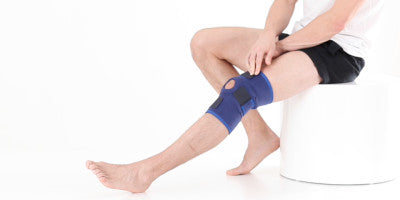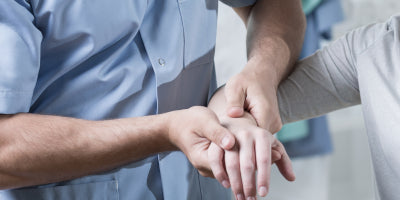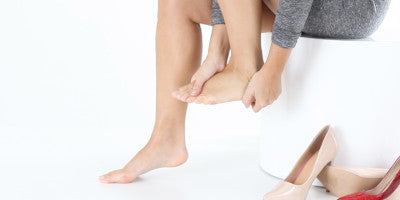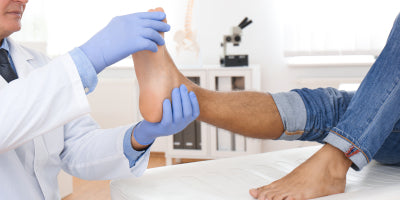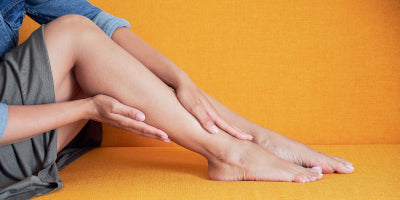Torn Cartilage In The Knee (Meniscal Tear)
What Is Torn Cartilage In The Knee (Meniscal tear)?
There are 2 menisci in the knee joint – the medial and the lateral. The menisci have many functions to perform in the knee. They improve the stability of the knee, act as shock absorbers and help lubricate the knee joint. The medial meniscus is a lot larger and rigid compared to the lateral meniscus and take a lot of the compressive force that is applied through the knee when walking and running. The lateral meniscus absorbs a lot of the rotational forces that go through the knee. The menisci can get torn and when they do they are usually very painful. The menisci are usually torn when the patient twists their knee whilst their foot is fixed.
Common Causes
Common sports where the menisci can tear:
- Skiing
- Football
- Rugby
- Slipping on ice
Common Signs & Symptoms
Following an injury to the meniscus the common signs and symptoms are:
- Pain within the knee – usually directly across the joint line where the injury is
- Swelling in the knee
- Decreased movement in the knee
- Locking of the knee
- The knee giving way or feeling like it will
Condition Management
What should be done following this injury:
- Use ice or a reusable cold pack to reduce the swelling (the recommended time is 10 minutes on with 1 hour off) Never apply ice directly to the skin.
- Use a support to help provide stabilization
- Consult your Doctor or physical therapist
Following this injury you should consult your Doctor or physiotherapist. If you knee is locked you should go to the Emergency Room at your nearest hospital immediately and they may perform an emergency arthroscopy to un-lock the knee. The Doctor or physical therapist will assess your knee injury with some special tests and by taking your history in order to get an accurate diagnosis.
A lot of these injuries settle down on their own within three months. If they do not you may be referred on to an orthopaedic consultant to confirm the diagnosis with an MRI and then potentially for an arthroscopy.
This is a minor minimally invasive operation where the consultant puts a camera into the knee and either repairs the cartilage tear or tidies it up.
A knee support will be helpful to use following this procedure, to provide stabilization and reduce movement


